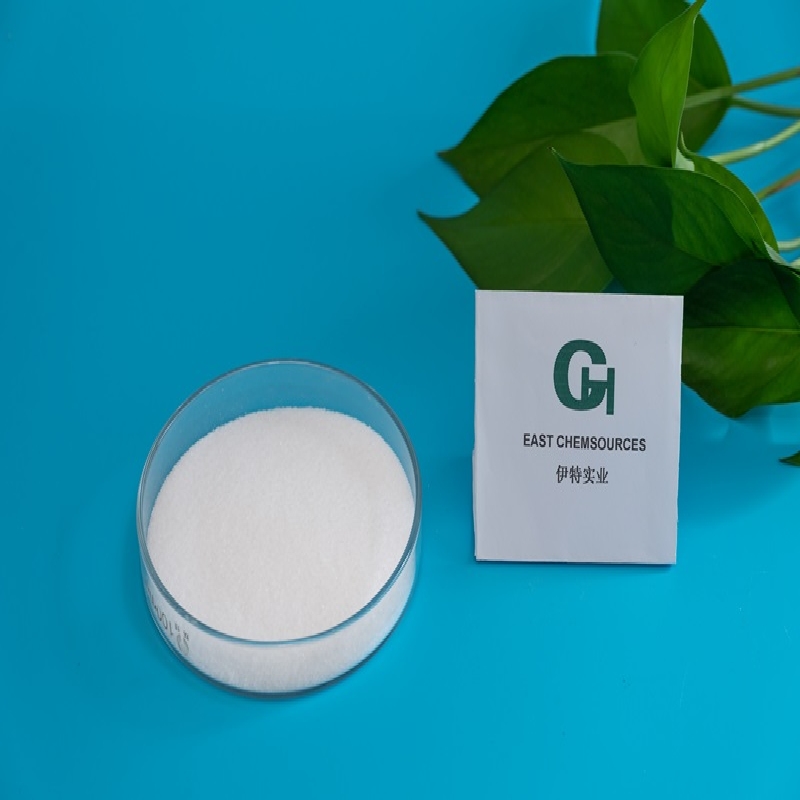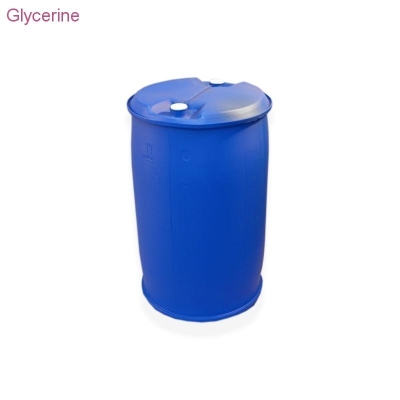-
Categories
-
Pharmaceutical Intermediates
-
Active Pharmaceutical Ingredients
-
Food Additives
- Industrial Coatings
- Agrochemicals
- Dyes and Pigments
- Surfactant
- Flavors and Fragrances
- Chemical Reagents
- Catalyst and Auxiliary
- Natural Products
- Inorganic Chemistry
-
Organic Chemistry
-
Biochemical Engineering
- Analytical Chemistry
- Cosmetic Ingredient
-
Pharmaceutical Intermediates
Promotion
ECHEMI Mall
Wholesale
Weekly Price
Exhibition
News
-
Trade Service
This article is published under the authorization of Professor Lu Nonghua, please do not reprint without permission
.
December 16-18, 2021, hosted by the Chinese Medical Association and the Chinese Medical Association Gastroenterology Branch, undertaken by the Jiangxi Provincial Medical Association, the Jiangxi Provincial Medical Association Gastroenterology Branch, and co-organized by the First Affiliated Hospital of Nanchang University The 21st National Conference on Digestive System Diseases (CGC 2021) was held in Nanchang
.
At the conference, Professor Lv Nonghua from the First Affiliated Hospital of Nanchang University gave a wonderful academic report on the theme of "Treatment of Intractable Helicobacter Pylori Infection: From Definition to Related Treatment".
Yimaitong gave a wonderful academic report on the main content.
The summary is now presented to you as follows
.
Professor Lu Nonghua is the chief physician of the Gastroenterology Department of the First Affiliated Hospital of Nanchang University.
The professor is good at the diagnosis and treatment of gastrointestinal and biliary and pancreatic diseases, especially Helicobacter pylori infection and precancerous gastric diseases, pancreatic diseases and functional gastrointestinal diseases.
1.
Intractable Helicobacter pylori Controversy over the definition of bacterial (Hp) infection The definition of refractory Hp infection is difficult to standardize because there are many treatment options, different drug dosages, and the treatment course is not uniform (10d-14d)
.
At present, the definition of refractory Hp infection at home and abroad is based on "failure to eradicate H.
pylori according to the scheme recommended by the relevant consensus.
" Professor Lu Nonghua said that this definition is rather vague
.
For example, in 2003, French scholar Megraud F proposed that according to the relevant consensus recommendations, if the eradication of H.
pylori fails ≥ 2 times, it can be defined as refractory H.
pylori infection; in 2017, Professor Hu Fulian in China defined refractory H.
pylori infection as in accordance with the relevant consensus.
The recommended program has failed to eradicate Hp ≥3 times; in 2021, experts from the American Society of Gastroenterology proposed that the program recommended by the relevant consensus to eradicate Hp failed ≥1 time, which can be defined as refractory Hp infection
.
Based on the above criteria, the definition of refractory H.
pylori infection is very heterogeneous.
There are a variety of protocols recommended by consensus, which consist of multiple drugs, and the course of treatment is different
.
In this regard, Professor Lu Nonghua said that “multiple treatment failures” may be more accurate than the definition of “refractory infections”
.
"Multiple treatment failures" means treatment failures ≥2 times, reflecting an objective fact
.
2.
Why should we pay attention to refractory Hp infection? In 2021, the American Gastroenterology Association (AGA) issued guidelines for the management of refractory Hp infection, suggesting that the management of refractory Hp infection has become a hot topic.
Professor Lu Nonghua said that the reasons may be as follows: 1.
Clinicians The hazards of Hp infection have been fully understood
.
Hp infection can cause chronic gastritis, peptic ulcer, gastric cancer, dyspepsia and parenteral diseases (idiopathic thrombocytopenic purpura, unexplained iron deficiency anemia, vitamin B12 malabsorption, etc.
).
The outcome of different infected individuals is The difference, the final outcome is difficult to predict
.
2.
The eradication of Hp has a very high cost-benefit ratio advantage
.
Hp can be eradicated at one time (a few times), short-term (≤2 weeks), and the cost is not high, and the benefits it brings are long-term and multi-faceted
.
Eradication of Hp can prevent/long-term alleviate dyspepsia, prevent/cure peptic ulcer, and reduce the risk of gastric cancer
.
3.
The Hp eradication rate is declining
.
According to the treatment report card of the plan proposed by Professor Graham, the Hp eradication rate is only acceptable at 85%-89%, and the current rate of Hp eradication rate below 85% is increasing
.
Table 1 Efficacy report card of the program proposed by Professor Graham III.
What are the reasons for refractory Hp infection? At present, the H.
pylori eradication rates recommended by relevant consensus at home and abroad are all ≥85%-90%, but the proportion of H.
pylori eradication rates less than 85% is increasing.
The reasons include the increase in the Hp resistance rate and the failure of clinicians to follow the relevant consensus recommendations
.
The European Hp Treatment Registry audited the implementation of the "Hp Infection Management Consensus" and summarized the following three most common errors: 1.
Apply standard triple therapy in areas with high drug resistance rates; 2.
Apply treatment within 7-10 days of eradication Therapy
.
Consensus recommends that unless the 10d course of treatment is proved to be effective, it is recommended to use a 14d course of treatment; 3.
Repeated use of certain antibiotics after eradication fails
.
Professor Lv Nonghua said that the Hp eradication program recommended by our consensus [bismuth + proton pump inhibitor (PPI) + 2 antibiotics, 14 days of treatment] based on the recommended principles, the curative effect can reach C and B according to the Graham classification, which has a high The cumulative eradication rate
.
Failure to follow the consensus recommendation of our country is the main reason for the failure of Hp eradication
.
A questionnaire survey in 2018 showed that among patients with multiple treatment failures (≥2 times), nearly 50% of the first-line treatments did not adopt the consensus recommendation plan, and nearly 90% of the patients who repeatedly used antibiotics for multiple treatments
.
Table 2 The composition of the seven eradication programs recommended by the consensus in my country.
4.
How to manage refractory Hp infection? For the management of refractory Hp infection, AGA put forward 12 best practice recommendations, and Professor Lu Nonghua gave a brief introduction
.
The AGA defines refractory H.
pylori infection as the failure to eradicate H.
pylori in accordance with the protocols recommended by the relevant consensus.
The reasons for the failure of eradication include bacterial resistance, insufficient acid suppression and low patient compliance.
The corresponding management methods are as follows: 1.
Bacterial resistance Medicine: Management methods include empirical treatment and drug sensitivity-based treatment
.
Empirical treatment includes: ①Provide local drug resistance rate/program eradication rate; ②Understand the history of individual antibiotic application; ③Try to choose amoxicillin; ④Increase the dose of metronidazole; ⑤Extend the course of treatment; ⑥Recommend the use of rifabutin (China consensus does not This article is recommended because China is a major tuberculosis country); ⑦ Whether the combined use of probiotics can increase the eradication rate remains to be further studied
.
Drug susceptibility-based treatment refers to the drug susceptibility test for patients who have good compliance but failed to eradicate twice
.
2.
Insufficient acid suppression: It is recommended to choose a stronger PPI, or increase the PPI dose, or use potassium ion competitive acid blocker (P-CAB) instead of PPI
.
3.
Low patient compliance: It is recommended to explain the benefits and potential adverse reactions of Hp eradication to patients and maintain doctor-patient communication
.
In addition, for vulnerable people (such as the elderly), the benefits and adverse consequences of eradication therapy should be carefully weighed; for those who have been labeled as penicillin allergy but have no history of anaphylactic shock, penicillin skin test may be considered; if amoxicillin ≥ 2 g/d in 3 or 4 doses
.
Professor Lu Nonghua said that the above recommendations lack a very important best practice recommendation.
According to the consensus of the Toronto Consensus, Maastricht V Consensus, and the American College of Gastroenterology Consensus, when the drug resistance rate is unknown or high drug resistance In low-rate areas, empirical treatment emphasizes the application of bismuth-containing programs
.







